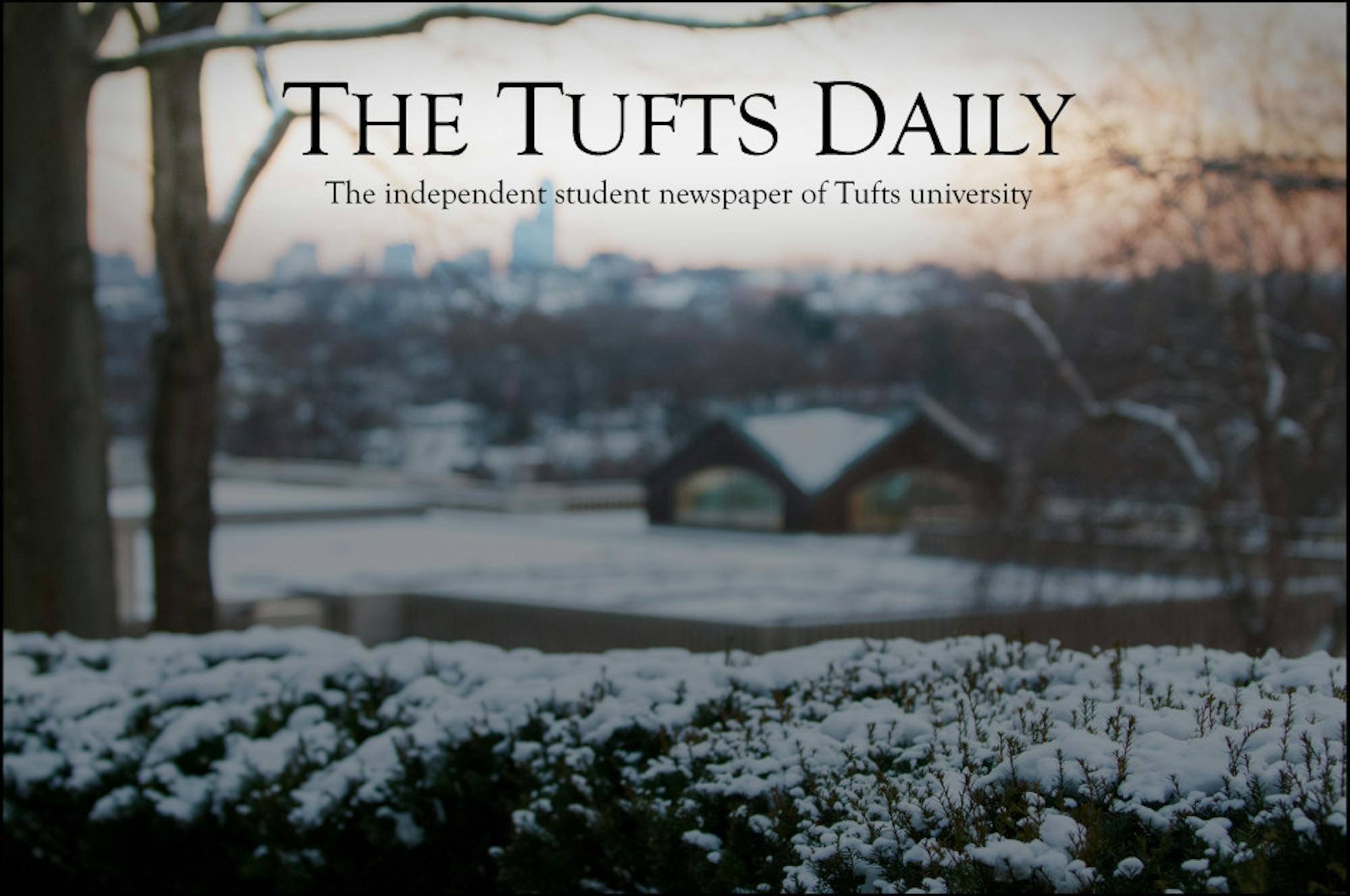Tufts is home to students and faculty with a broad spectrum of faiths. It is this diversity that has driven Tufts chaplaincy to provide members of every faith with the representation and resources they need.
Tufts’ religious population has access to three main centers of worship on campus: Goddard Chapel, Hillel and the Interfaith Center. To accommodate the many different kinds of prayer and ceremony, these religious centers are often used flexibly, according to Gregory McGonigle, the University Chaplain of Tufts.
“The numbers and variety of spiritual life programming at Tufts are truly astounding -- at least 20 regular gatherings that take place every week, plus many one-time gatherings,” McGonigle said. “We also open our spaces to related social justice, educational and musical programming.”
McGonigle noted, however, that the religious spaces on campus cannot always fill all the needs of every group on campus.
“Capacity for programming really depends on the type and community,” he said. “If it is a religious minority on campus, there might be smaller numbers, but for high holidays of various faiths we are often at capacity or need overflow spaces.”
McGonigle also acknowledged that the nature of Tufts’ religious spaces creates difficulties for certain groups, most notably Tufts’ Muslim population.
“The main issue we have been facing recently is finding appropriate, accessible and consistent space for Muslim prayer every day throughout the day,” McGonigle said. “Our growing Muslim community uses our beautiful Interfaith Center for Jumah prayers on Fridays, but if someone only has 15 minutes between classes, it is not always easy to go to 58 Winthrop Street, pull out prayer rugs, wash, pray, put rugs away and get back to class on time.”
Lauren Samuel, a sophomore, is an observing Coptic Christian. As the only Coptic Christian on campus (as far as she knows), she sought to look off-campus for places of worship.
“Finding a local church [has] been pretty hard,” she said. “There was a [Coptic Christian] church for all the Boston college students that was supposedly in Boston, but really it was in a suburb almost an hour away.”
Time restrictions and the church’s location often made it difficult for Samuel to attend.
“By total coincidence I had met a woman in Medford who attended and would give me weekly rides after picking up some students at Tufts Dental,” she said. “If I hadn't met her I would have had to catch the van that the church operates for college kids at Northeastern.”
While students like Samuel use off-campus spaces due to necessity, some use them out of preference. Reverend Allen Fairfax of Clarendon Hill Presbyterian Church says that a number of Tufts students decide to make use of their space.
“We typically have more students attend who are part of the Fletcher School of Law and Diplomacy,” Fairfax said. “Last year we had around a dozen students attend from there, half of [whom] were regular attenders.”
Fairfax believes that his church is particularly suited to the internationally-minded Tufts community.
“We have many members who work professionally in the international relations field, and our community really has a strong focus on social justice, so we are a good fit for them,” he said. “We also hold at least one international fellowship event during the winter months”.
Reverend Tess Baumberger, of the Unitarian Universalist Church of Medford, said that Tufts students form a part of her congregation as well.
“I believe we have some students who attend services during the academic year,” she said. “We also are one of the hosts for incoming first years during orientation.”
McGonigle said that relationships with these off-campus spaces are important for Tufts’ religious population.
“We encourage student, faculty and staff participation in local religious and philosophical communities, and many have congregations off campus,” McGonigle said.
In the future, McGonigle hopes to collaborate more with local religious groups, as he believes they have valuable resources to offer.
“We ... take students to retreat centers in the local area for educational and service visits to regional hubs like the Islamic Center of Boston and the Humanist Community at Harvard, and to make connections with communities that might be smaller on the Tufts campus, like for Quakers and Christian Scientists,” he said. “We have engaged with local clergy and congregations in interfaith initiatives and shared social justice issues, and we hope to do more of that.”
Religious students explore off-campus options






